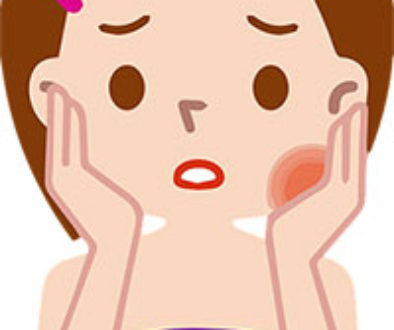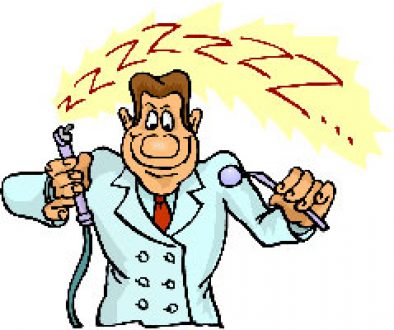How To Have Teeth For A Lifetime
Thanks to better in-office dental treatments and at-home care, more people find it easier to manage their personal dental care.
Although there are some conditions and diseases that can facilitate tooth loss, the products and technology today gives people more control to help keep their original teeth until they get old.
The most common suggestions to have a healthy set of teeth for a lifetime is to constantly brush and floss them. Most teeth and mouth problems are triggered or caused by plaque, an icky layer of bacteria, food particles and other organic matter that forms on the surface of the teeth.
The bacteria found in plaque are responsible for producing acids that cause cavities to form. Plaque is also responsible for periodontal disease, an infection that can damage the tissues and erode the bone surrounding the teeth.
The best way to remove plaque and destroy its chances of building up is through brushing and flossing. Regular brushing and flossing is really needed so that the plaque won’t have the chance to accumulate and harden.
Don’t Be A Sloppy Brusher Most of the people have been taught the proper technique of brushing the teeth when they were kids.
However, as people get older, they tend to disregard the proper way of brushing and just brush their teeth sloppily. If you think that simply brushing your teeth all round and making bubbles is enough to get rid of the plaque and other food debris, think again.
You may just be wasting your time, effort and toothpaste if you don’t practice the proper technique of brushing your teeth. It takes more than instinctive brushing to get your toothbrush bristles to remove plaque without injuring your gums.
If you really want to know the proper way to brush your teeth, you can visit a dental hygienist or a dentist so that they can show you the proper way to do it.
General Tips About Brushing
You need to brush your teeth at least twice a day. Perhaps the most important time to brush your teeth is just before you go to sleep because during sleep, the production of saliva decreases, making the teeth more vulnerable to the attack of bacterial acids.
It’s not advisable to brush more than three times a day because it may cause the gums to recede in the long run. When brushing your teeth, make sure not to make the strokes too harsh because it will also cause the gums to recede or bleed.
Imagine this: plaque sticks to the teeth just like jam sticks to a wooden ladle. Rinsing the wooden ladle won’t really remove the jam, instead, light and constant brushing will be able to do the trick.
Brushing too hard will damage the ladle, which will also have the same damage to the teeth and gums. Don’t rush when you are brushing your teeth. Two minutes is the recommended time to adequately remove the food and plaque build-up on your teeth.
Change your toothbrush regularly.
Don’t be a scrooge when it comes to toothbrushes because they are the primary weapon for personal dental care. They don’t cost a lot so when you notice that your toothbrush has been with you for three months already, or if you already that the bristles of your toothbrush has already began to splay, it’s high time that you replace it with a new toothbrush.


